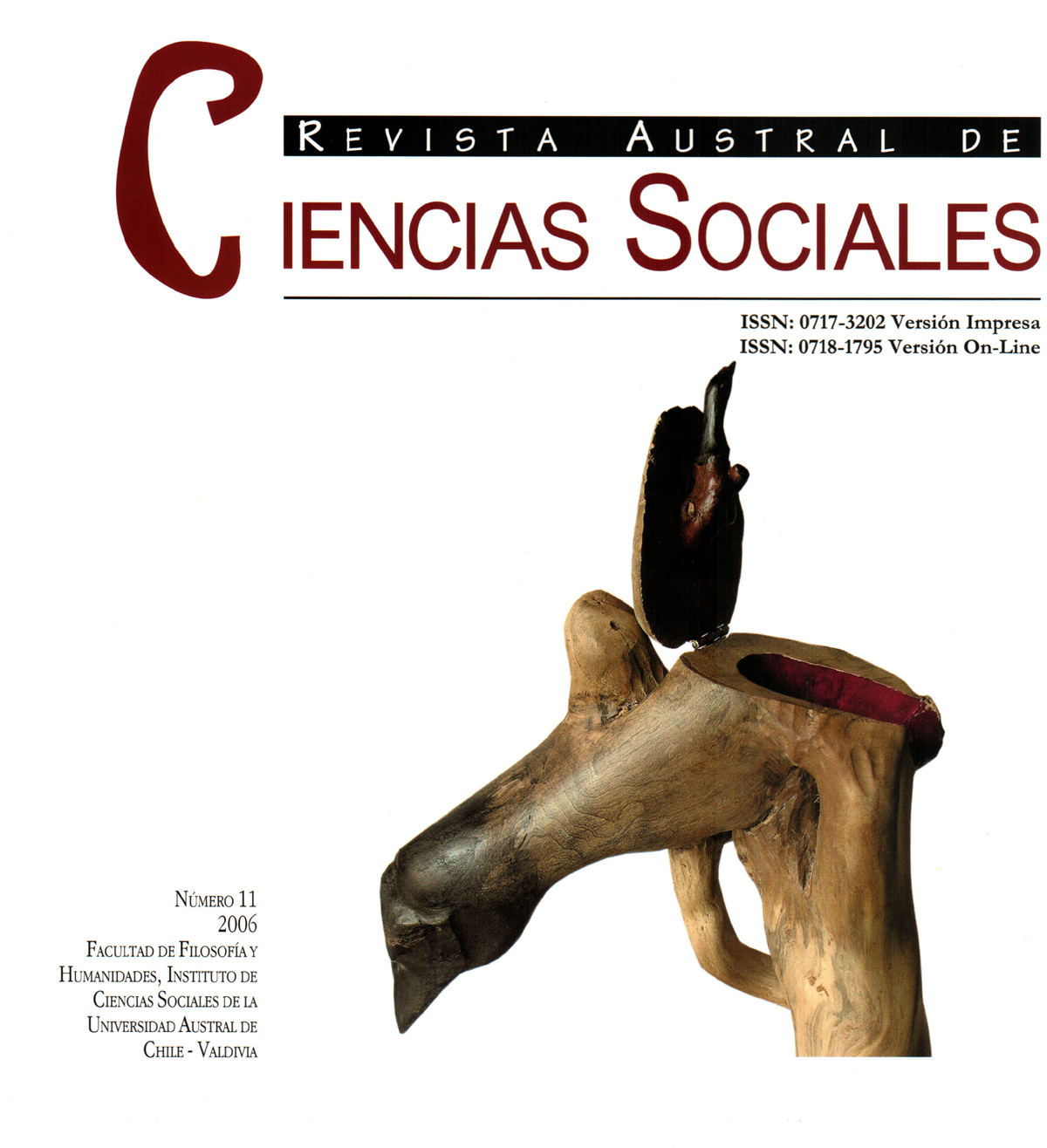Weber´s theory of social stratification: a critical analysis
Main Article Content
Abstract
The objective of this article is to examine the ideas of German sociologist Max Weber on social stratification, under the central postulates of his global theoretical system that is linked for the most part with his “methodological individualism”.
“Social classes” are not from the weberian perspective the only way of approaching the division of society. Next to the division in classes it can be postulated, parallelly, the division in estates and parties, whether it involves the distribution of economic, social or political power.
With this model of three-dimensional stratification, Weber gives autonomy to the economic, social and political spheres and rejects the possibility to award one of them with a last instance determination, limiting this way the primordial importance granted by Marxist theory to the division of society in classes. Finally, this conception is a direct influence in many of the most outstanding representatives of academic sociology in the XX century.

